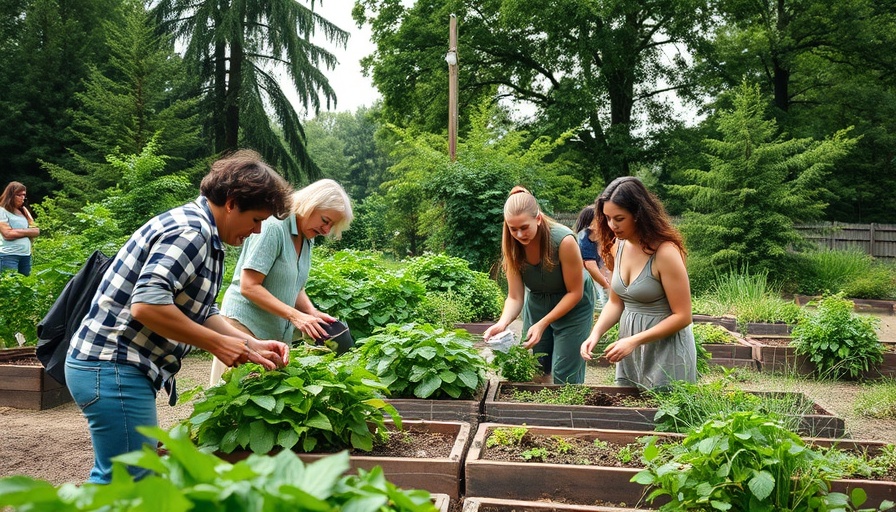
Reduce Textile Waste with Creative Sock Solutions
Did you know that a staggering 92 million tonnes of textile waste are generated each year? According to recent reports, much of that textile waste ends up in landfills or is incinerated, contributing to a growing global waste crisis. Instead of tossing those old, holey, or unmatched socks, why not repurpose them? Here are 24 clever uses for old socks that not only save you money but also help reduce textile waste.
Sock It To Your Cleaning Routine
One of the simplest and most effective uses for old socks is for cleaning. Transform your used socks into dusters by slipping them over your hands. Fuzzy socks are especially adept at attracting dust, making them perfect for polishing furniture and cleaning small items. Pair them with your favorite natural cleaning spray to give your home a fresh, eco-friendly clean.
Upcycle Into Soft Stuffing!
Instead of letting those old socks take up space in your drawer, consider cutting them up to use as stuffing for draft excluders, cushions, or even stuffed toys. Small pieces of sock can offer comfort without the lumps that whole socks might create, ensuring a neat finish to your DIY projects.
Innovative Hair Accessories
You can even use your old socks as hair ties! Cut off the toes and slice the sock into 1-inch thick rings. These makeshift hair ties are easy to use, gentle on your hair, and eliminate the need for store-bought plastic ties, aligning perfectly with sustainability goals.
A Green Nail Polish Removal Method
Socks can also provide an environmentally friendly alternative when removing nail polish. By soaking a section of an old, clean sock in nail polish remover, you can easily wipe away polish—no wasteful cotton pads necessary. Cut your socks into squares or circles for convenient storage, making them an essential addition to your nail care routine.
Creative Ways to Make Wire Hangers Work
Many households contain wire coat hangers that can leave creases in delicate clothes. Don’t toss them away! Instead, use old socks to create padding for these hangers. Just slide a cleaned sock over the wire to cushion your garments, protecting them while minimizing the chances of fabric damage.
The Impact of Reusing Old Socks
Repurposing clothing into household items does more than just declutter your space; it positively impacts the environment. Every recycled or upcycled item reduces the demand for new materials and decreases landfill accumulation. Embracing practices that utilize what you already own significantly lowers your carbon footprint.
Conclusion: Let’s Champion Sustainability Together
With the environmental statistics we face, now is the time to make conscious, sustainable choices. By finding clever uses for old socks, you can play a part in minimizing textile waste and take a step toward a greener planet. So next time you find an unmatched sock or a pair that's past its prime, consider how you might reuse it instead of throwing it away.
 Add Row
Add Row  Add
Add 




Write A Comment